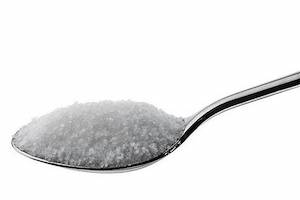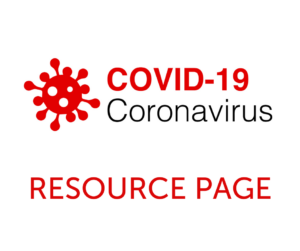Kicking the Sugar
Sometimes we get requests from folks who want to “Quit the Sugar” – looking for recommendations or referrals. We don’t formally recommend anyone in particular in this space, since many of the actors and their business, books, etc., “kicking sugar” are not necessarily tethered to any particular or solid science of dealing with food addiction. A lot of them mean well, but are often padded with “fluff” and personalized approaches that may or may not work.
There are several amazing experts you may want to look into though, all trusted advisors to the HSF, and all of whom offer approaches way deeper than just “sugar” addiction.
It is worthwhile to start with getting a “Bigger Picture” of what is driving addiction, which is what Dr. Robert Lustig (also an HSF Advisor) spells out on his website:
(Understanding the nature of food addiction and processed food is fundamental to “kicking sugar.”)
Joan Ifland, PhD
World’s leading expert on processed food addiction…she literally wrote the book on the subject. Her approach is broader than simply “sugar addiction” or “food addiction”… her website is https://www.drjoanifland.
Julia Ross
Julia is a Master level therapist who started out treating addiction, but discovered the underlying causes of addiction were related to food and nutrient deficiencies, especially amino acids. Her book, The Craving Cure is excellent, and she also operates a clinic in Mill Valley, California.
Ann Childers, MD
Dr. Childers is a psychiatrist who has built her practice on mental and metabolic health. She is based in Portland, Oregon, and only takes clients there. I mention her, because, if I were addicted to any food substance, I would want her to be my doctor. She may be able to give you some advice on how to shop for a health care provider that may share her same paradigm of treatment, which is remarkable. Like Julia, many of her clients may come in presenting symptoms related to mental health or addiction, but may, in fact, be suffering from dietary deficiencies, or simply the wrong type of diet. For example, cutting sugar is almost impossible without looking at processed carbohydrates (sugar being an ultra processed carbohydrate) and your blood sugar health.
The Suppers Programs
This organization, founded by addiction expert and visionary Dorothy Mullen, is based in Princeton, New Jersey, and offers the most brilliant community model for helping folks face all kinds of health issues related to food. With The Suppers Programs, you can learn about the importance of eating whole foods for good health. Understanding how and why biological individuality is critical, and seeing connections between food, mood and health is fundamental. The Suppers Programs encourages personal experiments and gathering your own data, and have created a supportive learning environment within a supportive community where you can experiment and discover the way of cooking and eating that improves and sustains YOUR health. They also offer one of the best online recipe databases that allows you to sort recipes by dietary preferences and health conditions. Most are no sugar or low sugar.
Among the non-scientific community, Connie Bennett is one of those personal advocates whose books and work have been around for years. A self-described sugar addict and carb junkie, she has been inspired by the work of the Hypoglycemia Support Foundation, and has contributed to our work, supporting projects like the “Blood Sugar Rollercoaster” Infographic. She published her first book in 2006, Sugar Shock: How Sweets and Simple Carbs Can Derail Your Life–And How You Can Get Back on Track.
Finally, there is only one organization we know and respect that offers a decent directory of health care providers that might be able to help you…
LowCarbUSA
A dedicated and high quality network of health providers dedicated to cutting unhealthy carbs.




Recent Comments